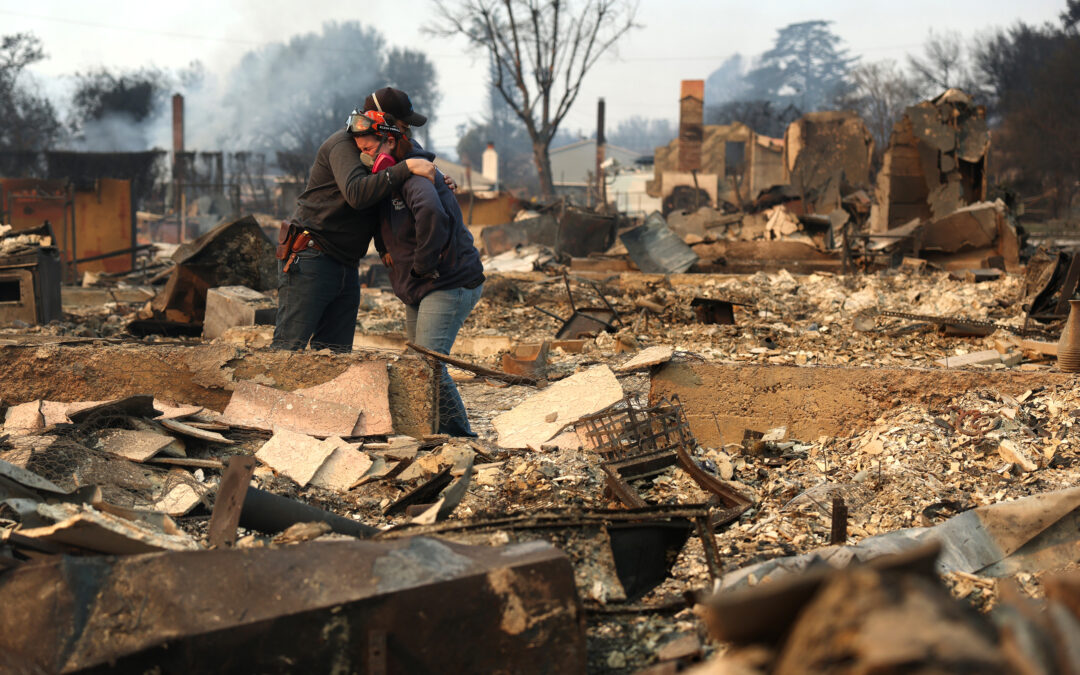Legal Rights for Eaton Fire Victims: What You Should Know
Table of Contents:
- Introduction: Understanding Your Legal Position After the Eaton Fire
- What Are Your Legal Rights After a Fire Disaster?
- 5 Key Questions Every Eaton Fire Victim Should Ask
- Property Ownership, Tenancy, and Legal Liability
- Insurance Responsibilities and Your Right to Fair Compensation
- Landlord-Tenant Rights Post-Eaton Fire
- Common Legal Disputes Following a Wildfire
- How to Protect Yourself Legally After the Eaton Fire
- When to Contact an Attorney for Legal Support
- Accessing Local and Federal Legal Aid Resources
- Holding Responsible Parties Accountable After a Fire
- How to Stay Informed About Your Legal Rights
- Understanding the Statute of Limitations for Fire-Related Claims
- Final Thoughts: Knowledge is Legal Power
- Call to Action: Protect Your Rights with Eaton Fire
Introduction: Understanding Your Legal Position After the Eaton Fire
The Eaton Fire left a path of destruction that changed lives, homes, and communities overnight. In the face of such devastation, many victims are unsure where to turn or what they’re legally entitled to. If you’re wondering what your rights are as a homeowner, tenant, or business owner, this Eaton Fire legal rights guide is designed to offer clarity, direction, and empowerment.
Understanding your legal rights after a disaster isn’t just important it’s essential for ensuring fair treatment and full compensation. Whether you’re navigating insurance issues, rebuilding property, or negotiating with landlords or contractors, knowing the law helps you stand on solid ground.
What Are Your Legal Rights After a Fire Disaster?

- State and federal housing codes
- Consumer protection laws
- Insurance regulations
- Disaster relief acts
- Avoid being taken advantage of by bad actors
- Dispute denied or lowballed insurance claims
- Protect yourself against illegal evictions or landlord neglect
- Hold contractors accountable
5 Key Questions Every Eaton Fire Victim Should Ask
Understanding your Eaton fire legal rights begins with asking the right questions:
1. What does my insurance policy legally guarantee me? Your policy is a legal contract. It dictates what you’re entitled to such as dwelling repair, personal property reimbursement, and additional living expenses (ALE). If your insurer fails to meet these obligations, you have the legal right to dispute or sue.
2. Can I be evicted after the fire if I’m a renter? No. Landlords cannot evict tenants simply because of fire damage. They must follow proper procedures, offer habitable alternatives, or terminate the lease in compliance with state law. Tenants also have the right to retrieve belongings and seek relocation assistance.
3. What if a contractor scams me during repairs? Scammers prey on disaster victims. If a contractor takes your money and doesn’t complete the job or does it poorly you can pursue legal action through small claims court, civil court, or state licensing boards.
4. Can I sue my insurance company for bad faith? Yes. If an insurer deliberately delays, underpays, or wrongfully denies your claim, you can file a lawsuit for insurance bad faith. This may entitle you to damages beyond your original claim amount.
Property Ownership, Tenancy, and Legal Liability
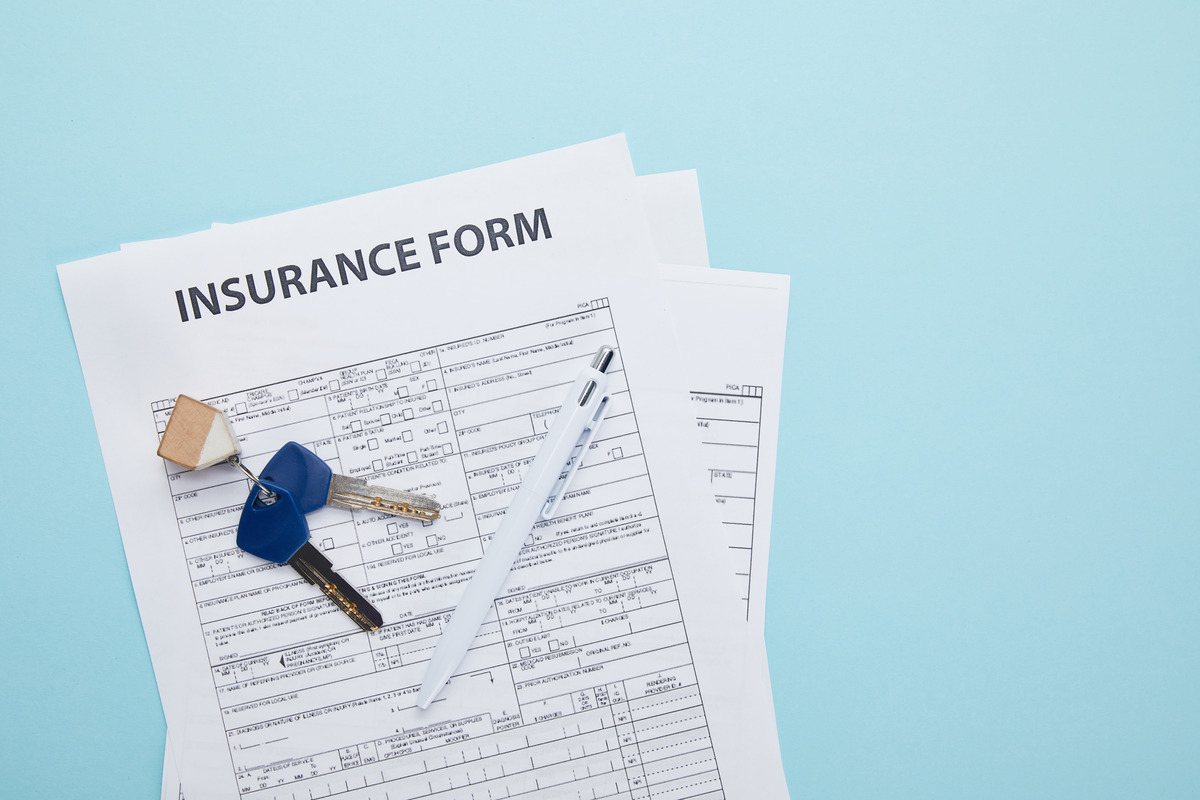
- Prevent further damage post-fire (secure the premises)
- Notify your insurer promptly
- Comply with rebuilding codes and zoning laws
But you also have the right to:
- Receive full compensation for covered losses
- Dispute denied or insufficient claims
- Choose your contractors for rebuilding
If you’re a tenant:
- You are not responsible for structural fire damage unless you caused the fire through negligence.
- You have a right to terminate your lease if the unit is uninhabitable.
- You may be entitled to recover your security deposit.
Insurance Responsibilities and Your Right to Fair Compensation
Insurance companies are legally bound to act in good faith. They must:
- Investigate your claim thoroughly and promptly
- Offer a reasonable settlement based on evidence
- Communicate clearly and avoid deceptive practices
If your insurer fails in these duties, you may:
- File a formal complaint with your state’s Department of Insurance
- Hire a public adjuster to represent your interests
- File a lawsuit for bad faith practices
Landlord-Tenant Rights Post-Eaton Fire
One of the most common legal gray areas post-disaster is the landlord-tenant relationship. Here are your rights based on your role:
- Have a right to retrieve personal belongings safely
- Can terminate leases without penalty if the unit is destroyed
- May withhold rent if the unit is partially uninhabitable
- Are entitled to proper notice if the landlord plans repairs or demolition
- Must maintain habitable living conditions
- Are responsible for insurance on the structure, not tenants’ belongings
- Should return security deposits promptly if leases are terminated
Common Legal Disputes Following a Wildfire
Eaton Fire victims may encounter legal challenges, including:
- Insurance claim disputes (denial, delay, underpayment)
- Contractor fraud or poor artistry
- Displacement issues and access to temporary housing
- Property line disputes due to lost landmarks or destroyed fencing
- Employment and income disruption affecting payment ability
How to Protect Yourself Legally After the Eaton Fire
Take the following steps to safeguard your legal rights:
- Document Everything – Keep photos, receipts, communication logs, contracts, and claim documents.
- Report Problems Immediately – To your insurer, landlord, contractor, or relevant government agency.
- Get Written Agreements – For repair work, lease modifications, or financial support.
- Avoid Verbal Promises – Verbal assurances are hard to enforce legally.
- Seek Legal Counsel – If you feel overwhelmed or threatened, get professional legal help.
When to Contact an Attorney for Legal Support
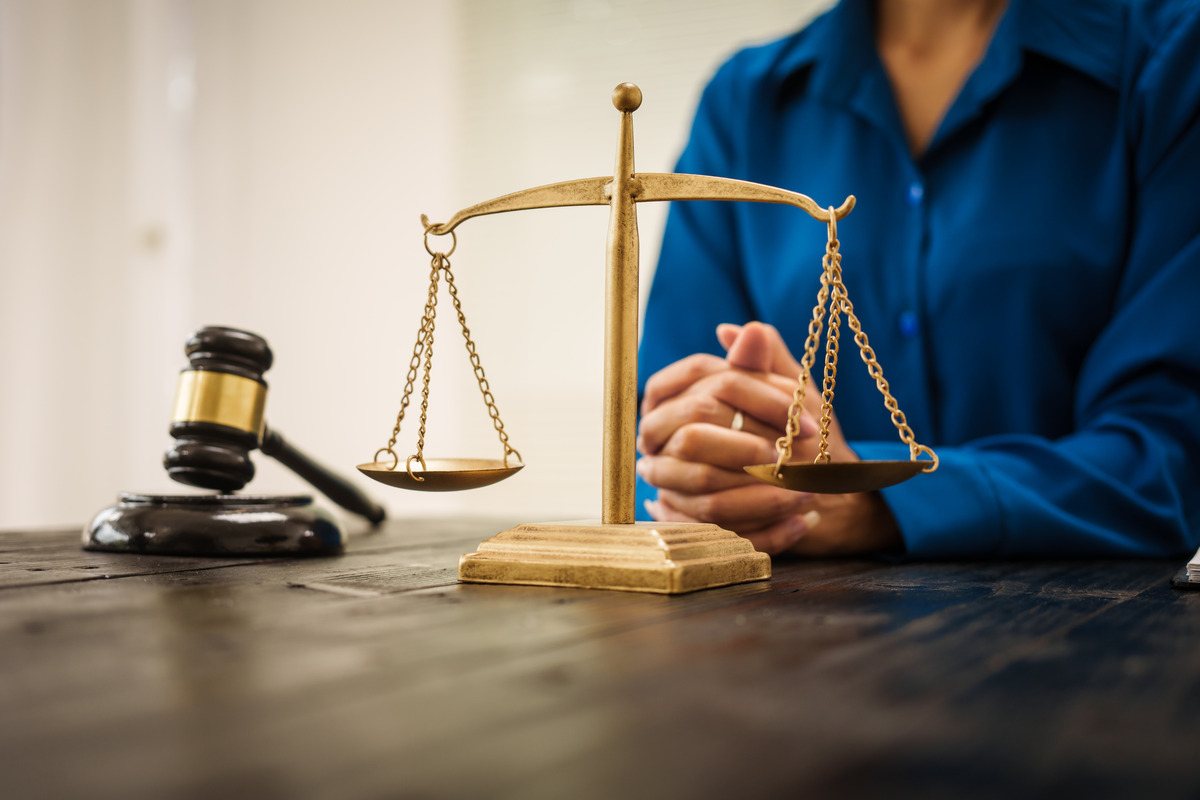
Not every situation requires a lawyer, but these scenarios often do:
- Your insurer denies or severely delays your claim
- You’ve been threatened with eviction post-fire
- You suspect contractor fraud or unlicensed work
- You’re being blamed for the fire without evidence
- You need help navigating government aid or relocation programs
Accessing Local and Federal Legal Aid Resources
Many residents find themselves overwhelmed and under-resourced in the aftermath of a disaster like the Eaton Fire. Fortunately, legal aid programs and government-backed organizations exist specifically to help people in your position.
1. Legal Aid Organizations Legal aid groups offer free or low-cost legal assistance to people who cannot afford an attorney. These organizations often partner with federal or state agencies to help disaster survivors address the following:
- Insurance claim denials
- Housing disputes
- Contractor fraud and repair contracts
- FEMA appeals
Some of the most well-known groups include:
- Legal Services Corporation (LSC)
- Disaster Legal Services (DLS)
- American Bar Association (ABA) disaster relief network
2. State Bar and Volunteer Lawyer Networks State bar associations often activate emergency volunteer legal networks after a major disaster. These attorneys donate their time to assist fire victims with urgent legal issues such as:
- Drafting legal correspondence to insurers
- Negotiating with landlords
- Preparing small claims filings
Check your state bar website or local disaster recovery center to see if this service is active in your area.
3. Federal Disaster Relief Resources The Federal Emergency Management Agency (FEMA) also supports legal recovery through its Disaster Legal Services program. If you’re already receiving FEMA aid, you may qualify for help with:
- Appeals for denied FEMA claims
- Issues related to government assistance programs
- Temporary housing and relocation disputes
4. What You’ll Need to Apply for Legal Aid While each organization may have its requirements, you will typically need:
- Proof of fire-related loss (insurance claim, photos, fire department reports)
- Income verification for eligibility
- Documentation of denied claims or disputes
5. Why You Should Apply Early Legal aid programs are often overwhelmed after a disaster. Applying early increases your chance of being connected with an attorney quickly before your claim or issue escalates.
Holding Responsible Parties Accountable After a Fire
In some fire disasters, especially large-scale wildfires, holding third parties legally responsible for damage may be possible. This includes utility companies, government agencies, contractors, or private property owners whose actions or negligence contributed to the cause or spread of the fire.
1. Utility Company Negligence In some fires across the country, utility companies have been found liable due to failing infrastructure, downed power lines, or lack of maintenance. If evidence suggests the Eaton Fire may have been caused or worsened by utility negligence, you may have the right to file a lawsuit against the company.
- Reports of equipment failure
- Public admissions or investigations
- History of safety violations
Legal recourse against government agencies is more complex due to immunity laws, but claims can sometimes proceed under special provisions in cases of gross negligence or mismanagement.
3. Landowners and Commercial Properties If neighboring property owners fail to clear brush or ignore fire code regulations, they could be partially liable for damages if the fire originates on or spreads due to their land.
4. Builders and Contractors: If your home or business suffered disproportionate damage due to defective materials, non-compliant construction, or code violations, builders and contractors may be liable under product liability or breach of contract claims.
- Request fire investigation reports
- Document everything related to the origin and spread of the fire
- Consult with attorneys who specialize in wildfire litigation
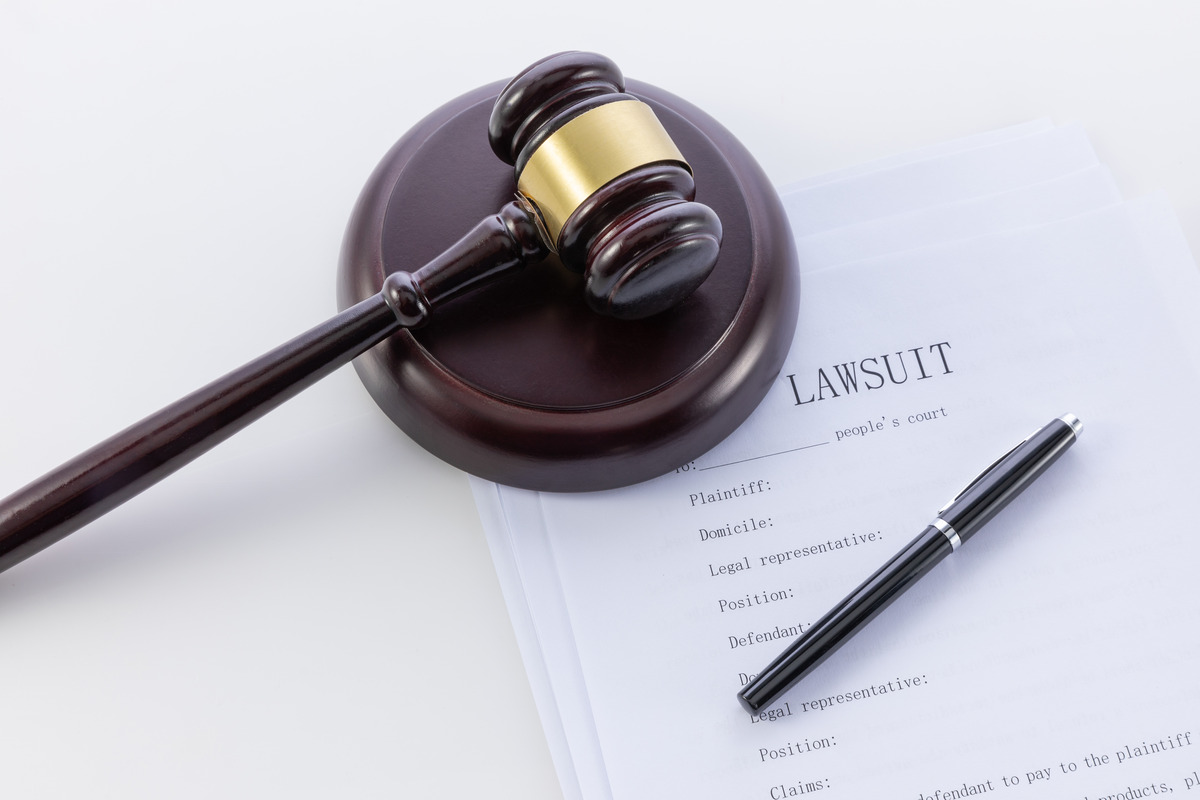
5. Filing a Class Action Lawsuit If multiple victims were harmed by the same negligent party (such as a utility company), you may be eligible to join a class action lawsuit. This collective legal approach can offer more resources, a stronger case, and broader settlement potential.
How to Stay Informed About Your Legal Rights
One of the most effective ways to protect your rights after a disaster like the Eaton Fire is to stay informed. Laws surrounding insurance, housing, public safety, and personal liability evolve, especially in response to large-scale disasters. Here’s how you can remain empowered through ongoing legal education:
1. Subscribe to Trusted Legal Newsletters and Alerts. Many local and national legal aid organizations offer email newsletters tailored to disaster recovery. These updates include law changes, new legal precedents from ongoing lawsuits, deadlines for claims, and upcoming clinics or assistance programs.
Recommended resources:
- State bar association newsletters
- American Bar Association disaster law updates
- FEMA legal services announcements
- Local government alerts on recovery funding
2. Attend Community Legal Workshops and Webinars. Community centers, libraries, and legal nonprofits often host free in-person or virtual workshops after significant disasters. These events allow you to:
- Learn about your rights as a property owner or tenant
- Ask legal experts questions specific to your case
- Get guidance on how to access aid or file complaints
Monitor your local city or county website for scheduled legal information events or webinars.
3. Join Online Forums and Support Groups While not a replacement for legal advice, online forums and support groups for fire survivors can be an invaluable source of real-world experiences. You’ll hear from others who’ve faced similar legal challenges and learn what worked or didn’t for them. Just make sure to verify any advice you receive from a legal expert.
4. Connect With a Legal Advocate for Periodic Check-Ins. Even after settling your initial claim, consider staying in touch with a legal advocate or attorney. They can notify you of class action updates, new claims relevant to your case, or legal changes affecting your rights as a homeowner, tenant, or small business.
5. Educate Your Family and Neighbors Legal knowledge is power but it’s even more powerful when shared. Encourage your neighbors, tenants, or community members to stay informed. Host informal gatherings to discuss what you’ve learned or pass along resources that have helped you.
Understanding the Statute of Limitations for Fire-Related Claims
One of the most important but often overlooked legal considerations after a disaster is the statute of limitations. This is the time limit for filing lawsuits or legal actions related to your fire losses. Missing this window can mean permanently forfeiting your right to compensation or justice.
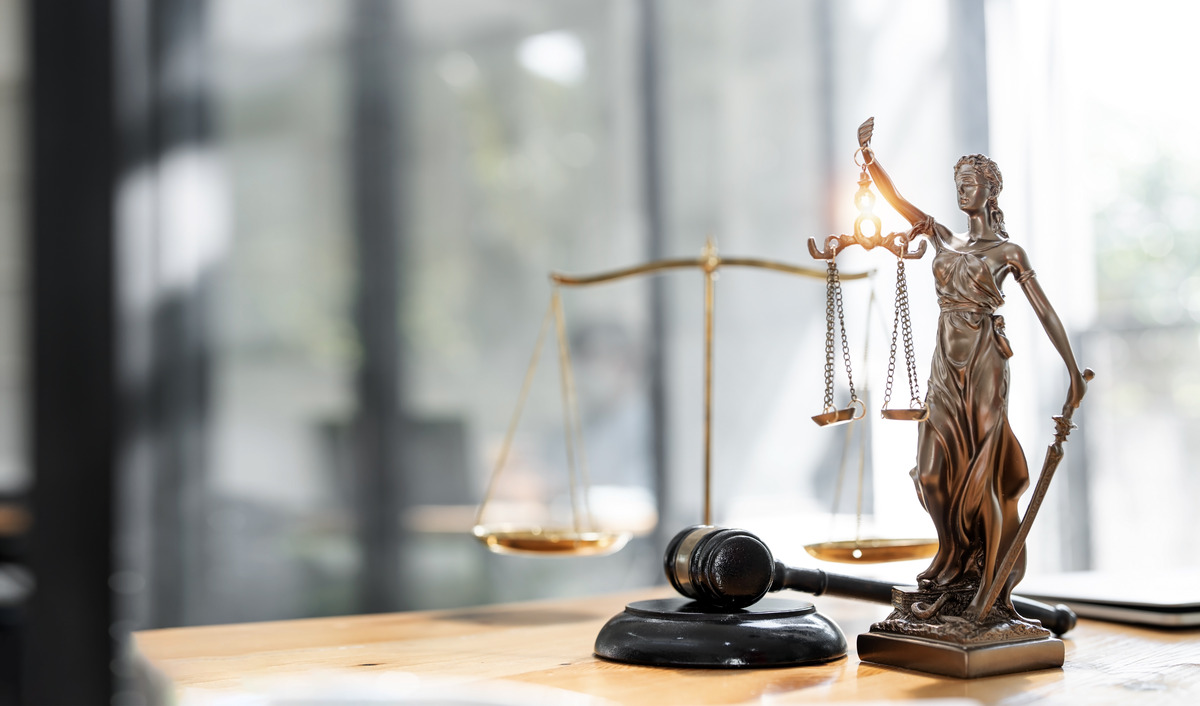
1. What is a Statute of Limitations? A statute of limitations is a legal deadline that governs how long you must file a claim after an incident occurs. The time frame varies depending on the type of claim and your state’s laws.
- Insurance disputes – Typically 1 to 2 years from the date of denial or dispute.
- Personal injury claims – Often 2 years from the date of injury.
- Wrongful death claims – Commonly 2 years from the date of death.
- Property damage lawsuits – Typically between 2 to 4 years, depending on the state.
- Product liability (e.g., faulty equipment causing a fire) – Generally 2 to 4 years from discovery.
Confirming deadlines with a legal expert is critical, as exceptions and tolling provisions (such as those for minors or discovery of hidden damage) can apply.
3. Why You Should Act Early: Even if you’re not ready to file a lawsuit, consulting with an attorney early ensures you don’t miss crucial deadlines. Gathering evidence, securing witness statements, or negotiating with insurers can take time starting early gives your legal team a head start.
4. What Happens if You Miss the Deadline? In most cases, courts will dismiss your case if it is filed after the statute of limitations expires. This means:
- You lose your legal right to sue
- You forfeit any compensation that may have been awarded
- You may be responsible for legal costs if you file late and lose
- Keep a post-fire legal calendar
- Set reminders 30, 60, and 90 days before each deadline
- Maintain copies of all filed paperwork and correspondence
Final Thoughts: Knowledge is Legal Power
Know your coverage. Know your responsibilities. Know when to speak up.

Call to Action: Protect Your Rights with Eaton Fire
We are Eaton Fire, your ally in the legal and recovery process. If the fire has impacted you and you are unsure of your next steps, we’re here to help. Our team can assist you with:
- Reviewing your insurance policy and filing claims
- Connecting you with qualified legal support
- Advocating for your tenant, homeowner, or business rights
- Protecting you from scams, fraud, and unfair treatment

